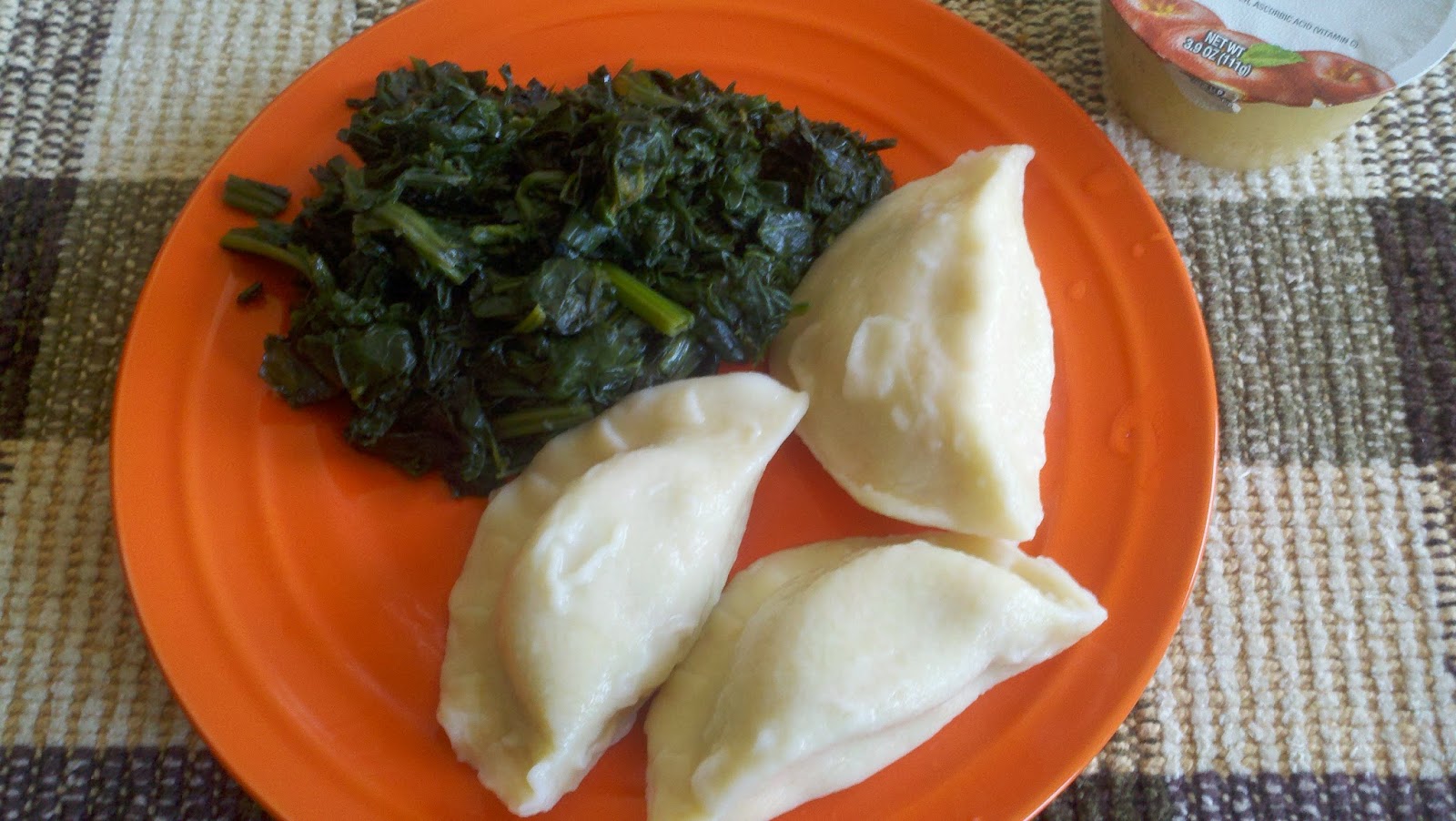Storefront, Metro Drugs (Upper East Side, NYC)
Something has happened over the past few months to re-ignite my GERD symptoms: the clenched throat, nausea, fullness and regurgitation episodes. Since I've mostly had this under control the past year (!) this is surprising and frustrating. "Oh no, not AGAIN."
Why?
- Have I been eating too fast lately? (Yes. For some reason, I'm inhaling my meals.)
- Eating too late? (Definitely. Late hours at work.)
- Eating too much? (Calorically, I think I'm okay, but I do think I'm eating too much bulk-wise. Because I'm eating too quickly.)
- Eating too much chocolate? (Most likely.)
- Not enough Tai Chi or breathing exercises? (Blame the hectic work schedule and falling out of the habit. I've recently returned to this wonderful stress reliever.)
- Too much black tea? (I bought some high quality Darjeeling and other black tea, which I've been enjoying alongside the usual oolongs and puehr -- have I overestimated my ability to easily tolerate this again?)
- Not enough vegetables lately? (My hectic schedule the past 4-5 months has definitely impacted my capability and desire for home-cooking, especially my greenmarket produce.)
- Not enough sleep? (If I'm being honest, yes. See all of the above.)
- A compromised immune system (Due to not enough vegetables or sleep? I just got over a 2-week cold -- my first in years.)
- Too stressed out (leading to a compromised immune system, leading to the return of my GERD/gastroparesis) (See above, again, most likely yes yes yes?!!??!)
Sigh!
Just around this time, I noticed this elaborate chalk drawing in a storefront in Manhattan promoting probiotics for a "happy tummy."
I was excited to come across a link for the Gut Microbiota for Health World Congress meeting taking place March 5-6, 2016 in Miami, Florida with panels such as Gut Microbiota as Therapeutics, Life Events that Alter Gut Microbiota, and other timely titles. See the whole program here.
The meeting site includes a link to this excellent academic site for gut microbiome news:




